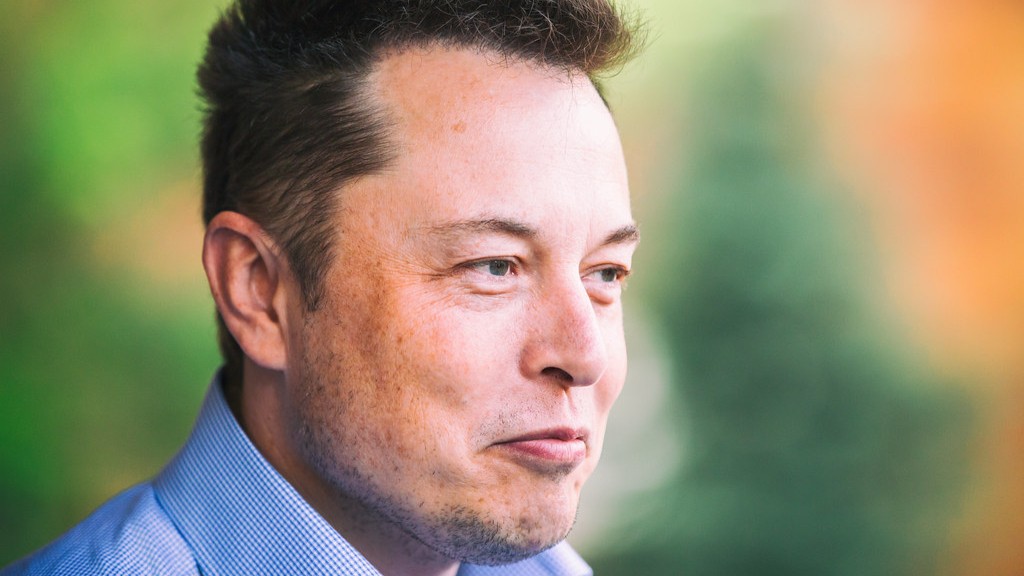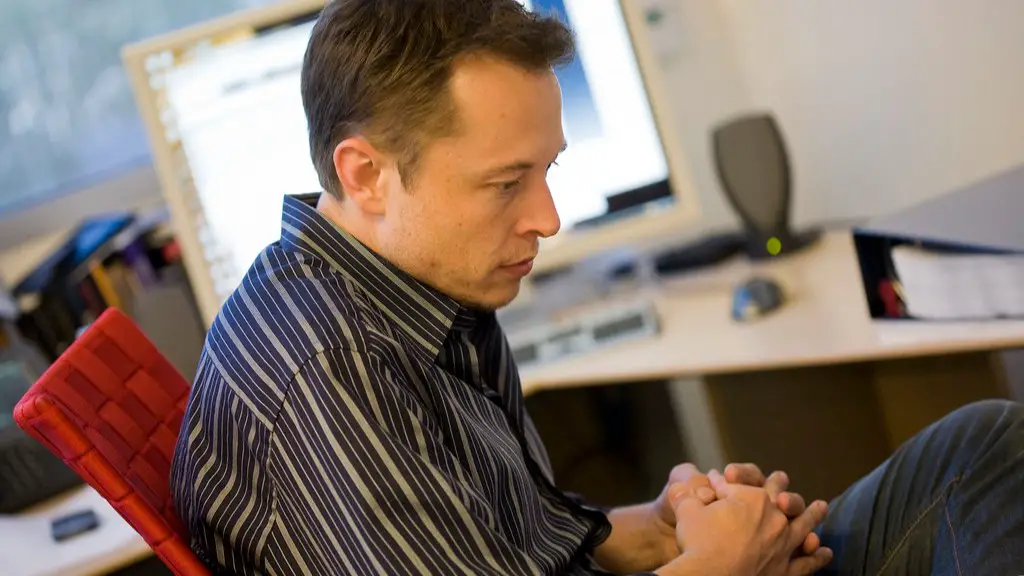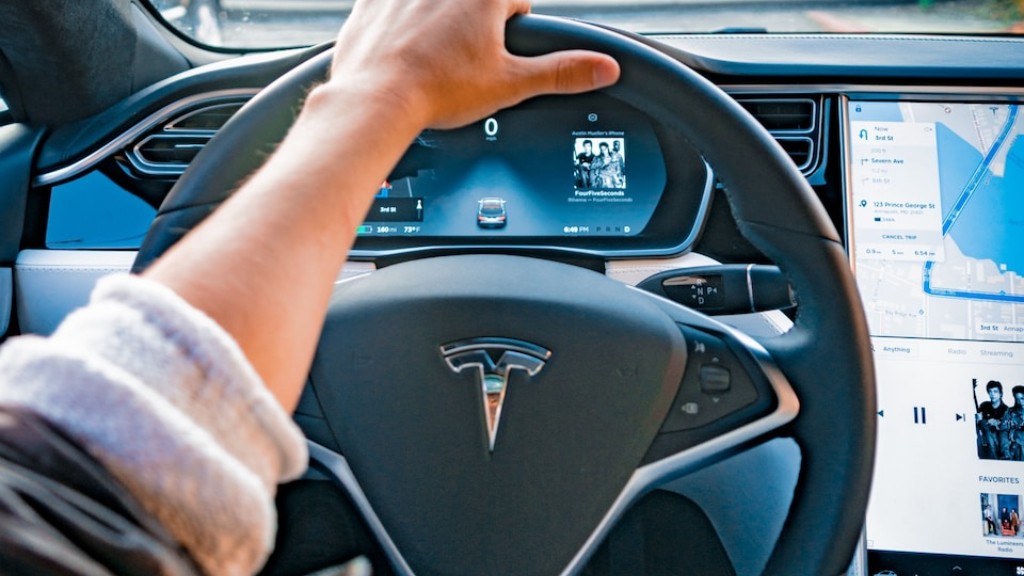When it comes to pioneering an interplanetary colonization initiative, Elon Musk leads the charge. The South Africa-born entrepreneur, inventor, and CEO of Tesla Motors Inc. and SpaceX became globally known in 2018 when he launched a Tesla Roadster into outer space inside a SpaceX Falcon Heavy rocket. Musk’s objective is ambitious: to make humans a multi-planetary species. He plans to do this by colonizing Mars.
In 2016, Musk revealed his colonizing plan during a speech at the 67th International Astronautical Congress in Mexico. In the talk, Musk proposed a multi-part strategy to make spaceflight affordable and enable permanent human habitation of the red planet – in other words, for the human species to live on Mars. Musk’s plan involves rockets, spaceships and complete self-sustaining cities powered by robots and 3D printers. He suggests launching over 1,000 spacecraft carrying 100 passengers each to Mars so that the first 1 million inhabitants could have a better standard of living.
Musk believes that humans should establish a Mars colony by 2040. He opines colonization could provide a strong incentive to maintain conditions in which a colony could survive and eventually thrive. He also believes that it’s important to establish multiple cargo flights and become independent of Earth’s resources as quickly as possible. In other words, Musk sees the value in the plan being completed in stages, with each stage building on the previous one.
Musk’s ideals have spread throughout the scientific and tech communities, inspiring research and opening up further conversations. Several experts agree that we need to colonize Mars as soon as possible; they argue that living in space is a matter of survival for humanity. By showing us what is possible, Musk has given us the confidence to take on even the biggest challenges.
Though critics argue about the feasibility of Musk’s plan, his supporters continuously argue the many benefits to colonizing Mars. They note that establishing a settlement on Mars would open up a new economic frontier and potentially create new jobs and business opportunities. They also point out that a Martian settlement could help to push humanity’s technological development to unprecedented levels, with advancements and innovations being made in robotics, automation, and renewable energy.
Though it may still be many years before humans actually colonize Mars, Musk’s plans – and dreams – serve as motivating inspiration for the public.
Finance and Economics
The financials behind colonizing Mars may be unsustainable without public and government support or investment. To establish an interstellar society, humans need to rely on Earthlings to pay the bill. Since 2004, SpaceX has driven down the cost of launching a rocket by using its own technology, and it is estimated that within 10 years, the company will be able to launch a Mars-bound mission for about $1 billion – down from $4 billion. Musk will then need to increase the number of launches 10-fold if he wants to colonize the red planet within his proposed 2040 timeline.
To fund the venture, Musk is pursuing strategies such as selling space tourism flights, investing in innovative technology, and encouraging international collaborations. This could involve the public and private sector, as well as private citizens, who all may want to not only invest in the technology but also to be part of the mission.
According to some reports, a large portion of the resources for colonization will be raised through private space industry investments. In addition, space mining may be required in order to source resources and build infrastructure. Musk also believes that space colonization could open up economic opportunities to individuals who can take advantage of, for example, zero-g manufacturing or mineral exploitation in space that could be transferred back to Earth.
All of this means that in order for Musk’s plan to succeed, it’s crucial for investment to come from all sections of society, not only from the aerospace industry. Musks’s hope is that colonizing Mars will stimulate the global economy and spark further opportunities.
Space Law
Before colonization can take place, discussions and agreements need to take place among world leaders. When it comes to space laws, they are considered an international matter, with the United Nations Outer Space Treaty of 1967 setting the basic framework. This document states that both the exploration and use of outer space should only be used peacefully and should benefit all humanity. It also includes a list of regulations and rules that countries must follow before they can colonize a celestial body.
Space exploration, including colonization, also needs to follow the Law of the Sea, which establishes the rights of coastal states to the resources of the seas. As Elon Musk plans to terraform Mars and establish settlements there, this law can be extended to space resources. The principle of “non-appropriation” should also be applicable to outer space, as things like the Moon and Mars should be treated similar to the oceans – so that all nations have a right to its use but none have the right to own them.
There are, however, still gaps in the regulation. According to sci-fi author Kim Stanley Robinson, protecting future Martian colonists is not included in any existing space-law regulations and new laws must be implemented to protect the rights of citizens on Mars. Additionally, as humans would be removing resources from one planet and sending them to another, agreements among countries will need to be further discussed.
Ethics
One of the main ethical considerations when it comes to colonizing Mars is the distinction between exploration and exploitation. Exploitation suggests the human race will use Mars simply for its own gain – for example, for wealth or settling scientific disputes, while exploration implies the journey is to learn, discover, and understand more about our universe.
When it comes to exploiting Mars, one of the main ethical considerations surrounds the question of what rights the first Mars colonists will have. For example, how will they make decisions when they are living on the planet? Who will be responsible for laws and regulations on the planet? Will they be subject to the laws of their home nation or will they form their own? These questions will need to be discussed before colonization can take place.
Another ethical consideration is sustainability. To sustain the Martian colony and terraform the planet, the colonists will require resources from either Earth or other planets. Unless the colony’s population is limited, careful planning and thought will be required to ensure that Mars is not exploited and overused like the Earth.
Finally, one of the main ethical dilemmas is who gets to go. The process of selecting the first humans to travel to Mars and live there for an extended period of time needs to be fair and impartial. Deciding who gets to go will raise questions over privilege and whether the colonization process will be accessible to all.
Conclusion
Musk’s plan to colonize Mars is ambitious and far-reaching. But it is also possible, and there are many opportunities that could be gained from humanity expanding its universe. In order to progress, countless factors – including finance, economics, law, and ethics – need to be carefully considered and discussed. Once Elon Musk can answer all of these questions, then the dream of living on Mars could become a reality.




